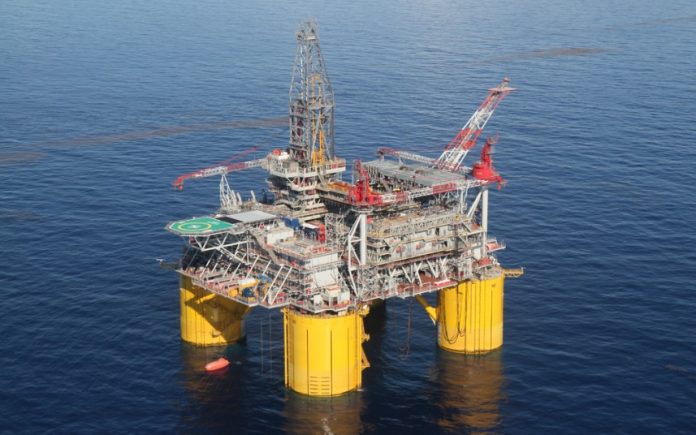Data from the Organisation of Petroleum Exporting Countries (OPEC) shows that oil prices are trending down at $59.96p/bl on 29th November from $88p/bl one month ago. This is below 2019-2021 Medium-Term Expenditure Framework (MTEF) benchmark of $60p/bl. The declining global oil price poses a major risk to FG’s economic projections for 2019 fiscal year as well as impact adversely on its MTEF if the trend continues.
Implication of declining Oil Price
Analysts have described the slump in oil prices as the equivalent of a tax hike and tax cut in oil exporting and importing economics respectively. According to estimates by Capital Economics analysts, every $10-per-barrel fall in oil prices boosts incomes by about 0.5 to 0.7% of gross domestic product in major emerging market oil importers. The same discount will cause a 3-5% decline of GDP in most of the Gulf economies, and a slowdown of 1.5-2% of GDP in Russia and Nigeria on an annualized basis. This is not good news for Nigerian economy which remain fragile with GDP growth of less than 2%.
The domestic forex market is already responding to recent sharp fall in oil prices. For instance, the local currency has dropped to N370/$ in the parallel market from N363/$ it traded for a better part of 2018. There are fears that the sharp fall in oil prices if sustained could lead to a shortage of the US$ as follows.
- As capital flow reversals intensify, as oil price weakens, and as foreign reserves come under pressure, there are worries that the capacity of the Central Bank of Nigeria [CBN] to sustain the current levels of intervention in the foreign exchange market will be tested. Reserves currently stands at $42 billion, down from $48 billion five months ago.
- The improvement in liquidity and relative stability in forex market witnessed by businesses in 2018 will come under threats due to declining receipts from oil.
- This will have profound impact on the prices of imported goods and services leading to likely increase in the rate of inflation.
- The fiscal operations of government would be adversely affected. This may further threaten the ongoing discussion around new minimum wage.
Despite sustained efforts by government to improve the business environment, Foreign Direct Investment inflows remain stagnated. The capital account faces significant uncertainty, as external portfolio investors exercises further caution due to developments in the global financial markets and the forthcoming general elections in 2019.
Given the challenging economic conditions, key policy reforms would be imperative to support and sustain the stability of the macroeconomic environment. These include, among others, a foreign exchange management framework that reflects the market fundamentals, the acceleration of the economic diversification agenda, normalization of Lagos ports environment, the oil and gas sector reform, especially the petroleum industry bill; better debt management strategy to ease the burden of debt service, reduction in the cost of governance at all levels; improvements in the domestic revenue (particularly independent revenue) to reduce volatilities in government revenues and.
MUDA YUSUF
DIRECTOR GENERAL
LAGOS CHAMBER OF COMMERCE AND INDUSTRY


